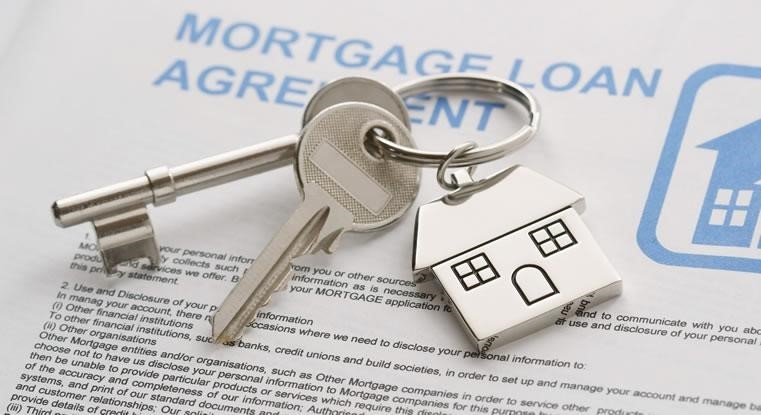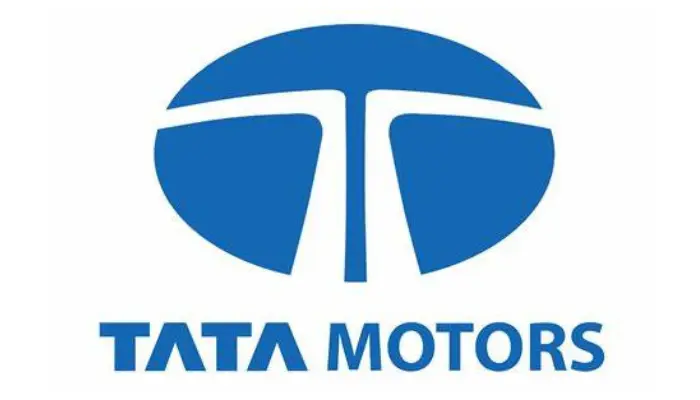Aspiring homeowners often search for the best way to finance their dream home. A mortgage is one of the most popular home financing methods. However, obtaining a mortgage can be confusing, and many different types of mortgages are available.
In this article, we will explore the different types of mortgage services available, how to qualify for a mortgage, and how to choose the best provider for ysour needs.
What is a Mortgage?
A mortgage is a loan used to finance the purchase of a home. The borrower makes monthly payments to the lender over a set period of time, usually 15 or 30 years, until the loan is fully paid off. The lender holds a lien on the property until the loan is fully paid off. If the borrower fails to make the payments, the lender can foreclose on the property and sell it to recoup their losses.
Types of Mortgages
Many different types of mortgages are available, each with pros and cons. It’s important to understand the differences between these types of mortgages to choose the one that best suits your needs.
Fixed-Rate Mortgage
A fixed-rate mortgage is a mortgage with an interest rate that stays the same for the entire term of the loan. This means your monthly payments will be the same every month, making budgeting easier. Fixed-rate mortgages are available in 15-year and 30-year terms.
Adjustable-Rate Mortgage
An adjustable-rate mortgage, also known as an ARM, has an interest rate that can change over time. The interest rate is typically fixed for an initial period, then adjusts annually based on market conditions. ARMs can be a good option if you sell the home or refinance before the rate adjusts.
Interest-Only Mortgage
An interest-only mortgage is a type of mortgage where the borrower only pays the interest on the loan for a set period of time, usually 5 to 10 years. After the interest-only period ends, the borrower must begin making principal and interest payments.
Balloon Mortgage
A balloon mortgage is a mortgage where the borrower makes small monthly payments for a set period of time, usually 5 to 7 years, and then must make a large payment to pay off the remaining balance of the loan.
FHA Mortgage
An FHA mortgage is a mortgage insured by the Federal Housing Administration. FHA mortgages are designed to make homeownership more accessible to people with lower credit scores and smaller down payments. FHA loans require a minimum credit score of 580 and a down payment of at least 3.5% of the home’s purchase price.
VA Mortgage
A VA mortgage is a mortgage guaranteed by the Department of Veterans Affairs. VA loans are designed to help veterans, active-duty service members, and eligible surviving spouses become homeowners. VA loans require no down payment and have more relaxed credit score requirements than traditional mortgages.
USDA Mortgage
A USDA mortgage is a mortgage guaranteed by the U.S. Department of Agriculture. USDA loans are designed to help people buy homes in rural areas. They require no down payment and have more relaxed credit score requirements than traditional mortgages.
Qualifying for a Mortgage
Qualifying for a mortgage depends on several factors, including your credit score, debt-to-income ratio, employment history, down payment, and the property appraisal.
Credit Score
Your credit score is a measure of your creditworthiness. The higher your credit score, the more likely you are to qualify for a mortgage with favorable terms. Most lenders require a minimum credit score of 620 to qualify for a mortgage.
Debt-to-Income Ratio
Your debt-to-income ratio is a measure of your ability to repay your debts. It’s calculated by dividing your monthly debt payments by your gross monthly income. Most lenders require a debt-to-income ratio of 43% or lower to qualify for a mortgage.
Employment History
Most lenders prefer borrowers who have a stable employment history. You’ll typically need proof of income for the past two years to qualify for a mortgage.
Down Payment
Most lenders require a down payment of at least 3% to 20% of the home’s purchase price. The higher your down payment, the lower your monthly payments will be.
Property Appraisal
Before approving a mortgage, lenders will require an appraisal of the property to ensure it’s worth the purchase price.
Choosing a Mortgage Service Provider
When choosing a mortgage service provider, you have several options, including big banks, credit unions, mortgage brokers, and online lenders.
Big Banks
Big banks offer mortgages to their customers, and they typically have a wide variety of mortgage products available. However, big banks may not offer the most competitive interest rates or fees.
Credit Unions
Credit unions are nonprofit organizations that offer mortgages to their members. Credit unions often offer lower interest rates and fees than big banks.
Mortgage Brokers
Mortgage brokers work with multiple lenders to find the best mortgage for their clients. They often find better interest rates and fees than big banks or credit unions.
Online Mortgage Lenders
Online lenders offer online mortgages, often with faster approval times and lower fees than traditional lenders. However, online lenders may not offer the personalized service of traditional lenders.
Mortgage Fees and Closing Costs
When obtaining a mortgage, you’ll need to pay several fees and closing costs, including:
Application Fee
An application fee is a fee charged by the lender to process your mortgage application. This fee can range from a few hundred to a few thousand dollars.
Appraisal Fee
An appraisal fee is a fee charged by the appraiser to evaluate the property’s value. This fee can range from a few hundred to a few thousand dollars.
Inspection Fee
An inspection fee is a fee the inspector charges to evaluate the property’s condition. This fee can range from a few hundred to a few thousand dollars.
Title Search Fee
The title company charges a title search fee to search the property’s title history. This fee can range from a few hundred to a few thousand dollars.
Attorney Fee
An attorney fee is a fee charged by the attorney to review the mortgage contract and ensure the legal transfer of ownership. This fee can range from a few hundred to a few thousand dollars.
Points
Points are a mortgage fee that allows you to lower your interest rate by paying an upfront fee. Each point costs 1% of the mortgage and can lower your interest rate by 0.25%.
Closing Costs
Closing costs are the fees associated with finalising your mortgage, including the title search, attorney, and appraisal fees. These fees can add up to several thousand dollars.
Refinancing a Mortgage
Refinancing a mortgage involves replacing your current mortgage with a new mortgage, typically to obtain a lower interest rate or better terms. When refinancing, you’ll need to consider several factors, including your credit score, the value of your home, and your current mortgage terms.
Conclusion
In conclusion, understanding mortgage services is essential when purchasing a home. Several types of mortgages are available, including conventional, FHA, VA, and USDA mortgages. Qualifying for a mortgage depends on several factors, including your credit score, debt-to-income ratio, and employment history. When choosing a mortgage service provider, you have several options, including big banks, credit unions, mortgage brokers, and online lenders. It’s important to understand the fees and closing costs associated with obtaining a mortgage, including the application, appraisal, and attorney fees. Refinancing a mortgage can be an excellent way to obtain a better interest rate or terms.












